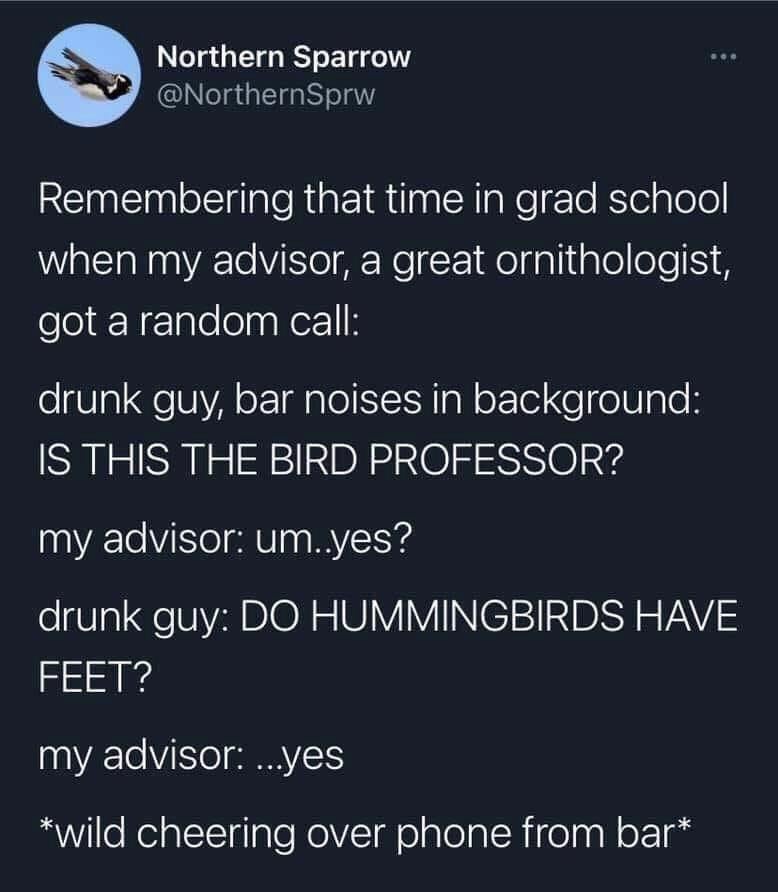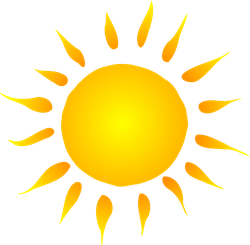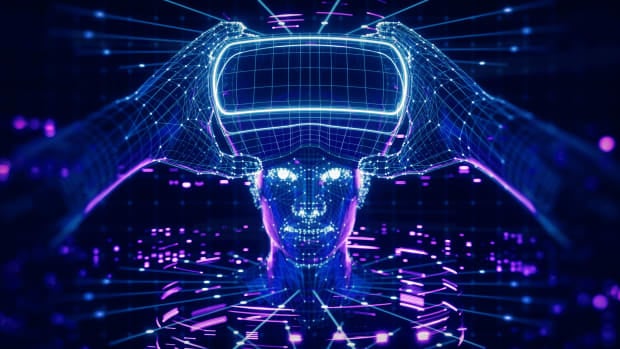I would imagine it was harder to get information on topics as you would’ve had to buy/borrow encyclopedias to do.
Were there proprietary predecessor websites?
Tell me about the dark ages!
I loved going to the library’s giant shelf of encyclopedias and picking one at random and flipping through the pages and skim reading.
The books were heavy and had a distinctive smell, and occasionally someone tore out a page and then that was just lost knowledge.
If there was a speicific question, Librarians were essentially our search engine, you’d ask them a question, and they’d think on it, maybe even ask a couple follow up questions, and they’d tell you to come back in a little bit or even a couple days, and when you return they’d hand you a list of books to find and checkout/read to find your answer.
It wasn’t fast, but it made finding answers and factoids its own adventure.
Going to the library was probably quicker back then when you could judt ride a dinosaur!
It’s surreal to me that there are people who don’t know what life before Wikipedia was like, lol.
Maybe it’s relevant to understand that the increased access to information hasn’t always translated to people being more informed. There are many people in my life who don’t actively look things up and who don’t have the curiosity or willingness to even check Wikipedia.
So it is still now a bit like what it was like pre-Wikipedia - people mostly relied on other people for knowledge, and knowledge was thus local and socially shared, not necessarily that factual or based in books. I still think this is the dominant way people live, but now social media is an extension of that “local” socially-mediated knowledge. TV and radio were sorta like social media before, it was the way things became “viral”.
I think now like then, looking something up on Wikipedia sets you apart from a lot of people, it makes you bookish, nerdy, or pedantic - as if the folk knowledge wasn’t good enough for you and you have become a traitor to your people by seeking something more from the stacks.
Everyone’s talking about encyclopedias but they weren’t always that useful either. They can only fit so much information in those books so some topics would only get like 3 sentences dedicated to them. So yeah, if you were writing a research paper for school you’d spend lots of time at the library trying to find books that had another smidge of information you needed.
If you were lucky, you’d find a really good book that was very relevant to your topic and lean heavily on that. Otherwise, you’d wind up with like a few sentences each from a dozen books that you have to tie together somehow. Wasn’t fun.
As a scientist, I used the CRC Handbook of Chemistry and Physic a lot, also known as the ‘rubber book’. Mainly to look up refractive index values at the time (1990-2000). It’s full of all sorts of reference values, boiling points at different pressures. Physical constants & formula.

In the long, long ago times we had these things called libraries where books were checked out and accessible by using a card. Finding out factual information could take a bit of time depending on how obscure it was, but librarians were very helpful in finding things.
Otherwise stuff was mostly passed on by word of mouth and people tended to believe whoever said stuff with the most confidence. So like today’s social media, but slower and mostly in person.
People used to call the Reference Desk at their local public library to ask a question and get an answer.
Mostly you either went without knowing stuff, or you had to go to the library. I knew a couple of wealthy folks who had their own sets of encyclopedia at home which could cost thousands of dollars.
lol all these other replies in the thread talking about having encyclopedias at home. That was some rich family stuff.
Most people went to the library or just listened to whomever said what they remembered most confidently.
Encarta for the computer was a thing but, from what I remember, it was barely helpful. I guess it’s possible that my family had a cheap version. In my experience the best I could hope from it was to start where I should research at the library.
I grew up in the 90s, so we had Encarta for most of the time I needed an encyclopedia.
It also wasn’t uncommon to have a (partial) set of encyclopedias. You could buy them, one or more volumes at a time, over the phone or occasionally from door-to-door salespeople. We had an old set from the 60s that we inherited from my grandmother.
It also wasn’t uncommon to have a (partial) set of encyclopedias
“The big book of answers” as it was (jokingly) referred to in my childhood home. It was kept near the dinner table to settle arguments. It never settled them
We also had a world book encyclopedia from the 1950s that I used for my elementary school projects in the 90’s. Very occasionally I’d notice something or of date, but overall it was fine.
I re read the entry on “lightning” and the half-page about “tornadoes” I don’t know how many times. And it was fun to flip through a random volume looking for good pictures.
I don’t remember what publisher made the ones we inherited from grandma. I recognize World Book, but I can’t say that’s what they were. I’m not sure if those old encyclopedias are still floating around somewhere in the family or if whoever had them last finally got rid of them.
A lot of the info in them was definitely still solid, agree.
One word: Encarta.
Three thousand this 👆
Encyclopædia Britannica also used to have a version released on DVD.
This.
“Don’t just copy and paste from Encarta” was commonly recited by my teachers when I was younger
I’m a little bit younger than you, so for me, it was used Wikipedia as a starting source, but do not reference it. Find your own information. We just used Wikipedia to familiarize ourselves with a topic and the terms that we would then have to actually look up and source other sites.
I remember when this came out, blew my mind. 1 cd vs a couple hundred kg worth of huge analogue encyclopaedia books.
The introduction of CD-ROM was mind blowing for me. Encyclopedias, interactive storybooks, talking Carmen Sandiego?!
It felt so futuristic.
Remember the Mindmaze game in Encarta?
Yes! I loved the mind maze. I was never really good at it (English is not my native language), but it was always fun to play.
I would bother my parents afterwards with all the facts I had learned. They were indulging at first, but even the greatest of patience will run out eventually :)
deleted by creator
In the long-long-ago, encyclopaedias were on paper, 28 volumes, and weighed 14kg. Quite comprehensive.
Then encyclopaedias were on a CD or two, around 100g.
Before Wikipedia, everything2 was a previous example of a massively-interlinked-website. You could search and maybe turn up some details.
Or prior to google being created, you would just do a search in metacrawler.com to usually turn up some OK answers.
Metacrawler takes me back, as well as having to use paper encyclopaedias for school!
Let me tell you about borrow return policy at libraries and the associated fines for late returns and how to find something using the dewey decimal classification system. Fun times!
https://en.m.wikipedia.org/wiki/Dewey_Decimal_Classification
https://www.guinnessworldrecords.com/world-records/largest-library-book-fine-paid
library
Back in the days before the interwebs and pocket computers with access to all the knowledge and history of mankind, there were the outdated encyclopedia at home that you’d pop out occasionally, the up to date encyclopedia at the library that you never got around to check out anything casual and then there was the truth by the person arguing the most insistent that they were right.
Sort of this: https://youtube.com/shorts/HHpwvXNtpBo
But also it was kind of depressive, because you would think “I wonder how X works” and that was that, you never learned petty stuff because doing so was too much hassle for a simple curiosity.
Before wiki you could still find answers on Google or Yahoo, but there was no source of truth and you could find any answer you wanted if you looked for it, so it was taken with a grain of salt. Before that, yes, encyclopedias or asking someone who knew about it, but then you could get wrong answers and not know about it.
Back then we used to think that people seemed stupid because they didn’t have access to information, so if they had learned something wrong there was no way of convincing them otherwise.














